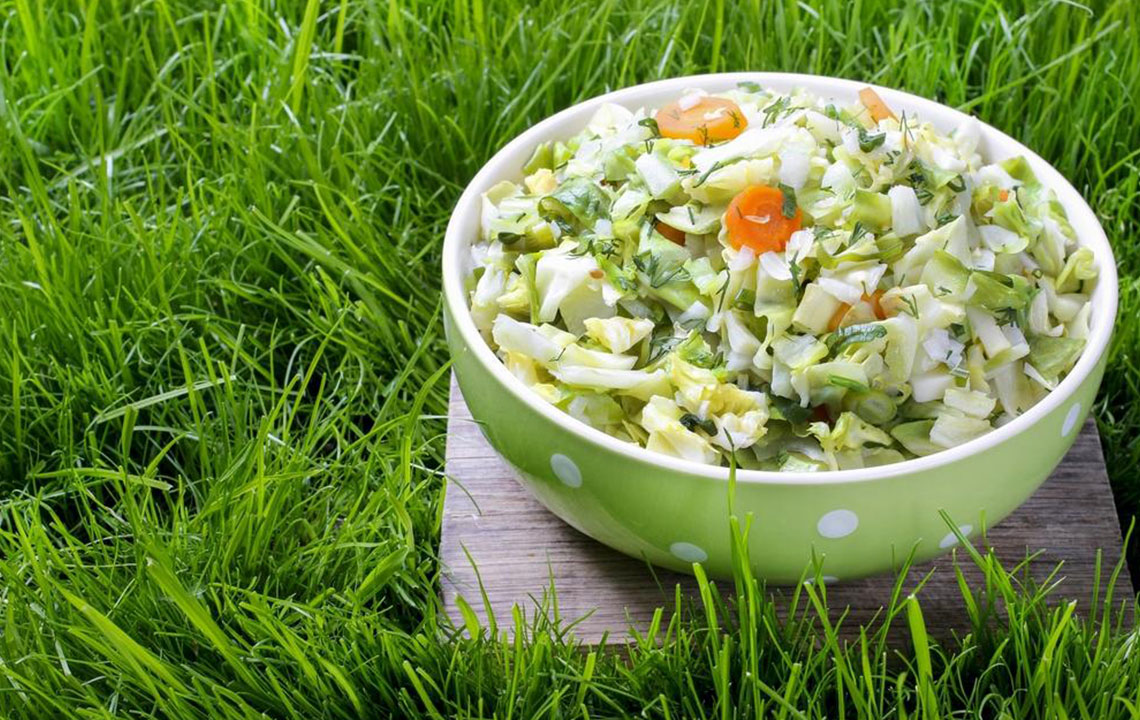Nutritional Strategies for Managing Neurofibromatosis Effectively
Discover effective dietary modifications to support neurofibromatosis management. From avoiding sugary drinks and baked sweets to embracing plant-based foods, this guide provides valuable nutritional tips. Incorporate healthier beverage choices like juices and fermented drinks to improve overall well-being and potentially slow tumor growth. Always consult healthcare providers for personalized advice and optimal disease management strategies.

Dietary Adjustments to Support Neurofibromatosis Management
Neurofibromatosis is an inherited disorder marked by the development of neurofibromas—benign tumors along nerve tissues. While treatments like radiation therapy and surgical interventions are common, maintaining a nutritious diet is essential for optimal disease management. Here, we highlight foods to avoid and healthier alternatives for individuals with neurofibromatosis.
Eliminate sugary sodas; opt for fresh juices
Sugary sodas are detrimental for everyone, containing artificial chemicals and excessive sugar, which can negatively impact overall health. Additionally, caffeinated carbonated drinks may interfere with medication effectiveness and digestion. They can also affect caffeine sensitivity.
Instead, incorporate natural fruit and vegetable juices, along with plain or infused water, to hydrate healthily. Gut-friendly beverages like kefir, kombucha, or buttermilk are also beneficial additions.
Cut back on baked sweets; choose fresh fruits instead
While baked treats like pastries and donuts are tempting, they are high in sugars and provide empty calories with little nutritional value.
Opt for naturally sweet foods such as dates, fresh fruits, figs, and apricots, which can satisfy sweet cravings while delivering essential vitamins and minerals. A small amount of dark chocolate can also be a beneficial alternative, avoiding artificially sweetened snacks.
Limit meat consumption; embrace plant-based foods
Processed meats are widely consumed but offer limited nutritional benefits and may contain preservatives. Reducing intake and switching to plant-based options can improve health outcomes.
Research indicates that patients with a predominantly plant-based diet experience slower tumor growth, making this dietary shift an effective strategy for managing neurofibromatosis.
Note: Our blog offers practical and researched information across various topics, but readers should consult healthcare professionals for personalized advice. The content aims to inform but is not a substitute for medical guidance. The site cannot guarantee accuracy or encompass all available options or current schemes.









